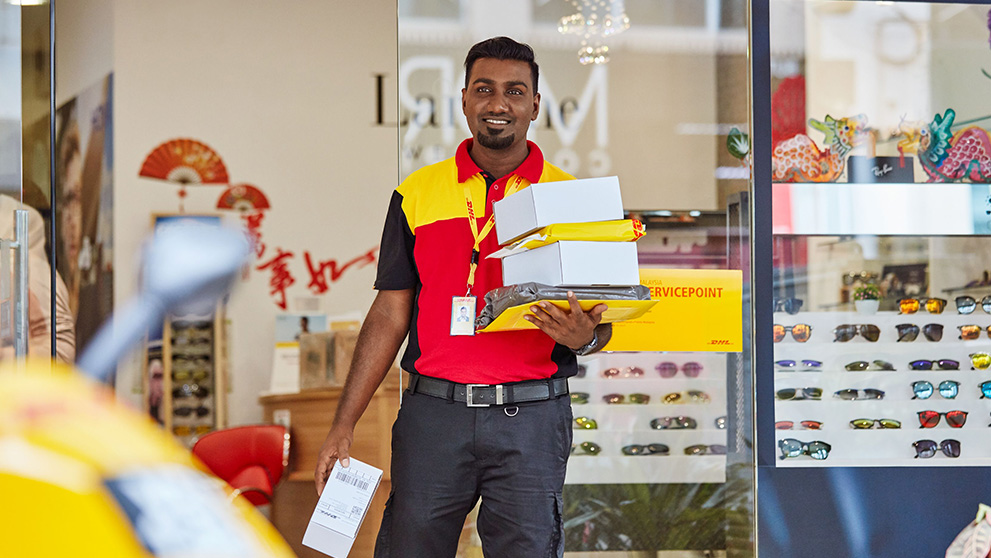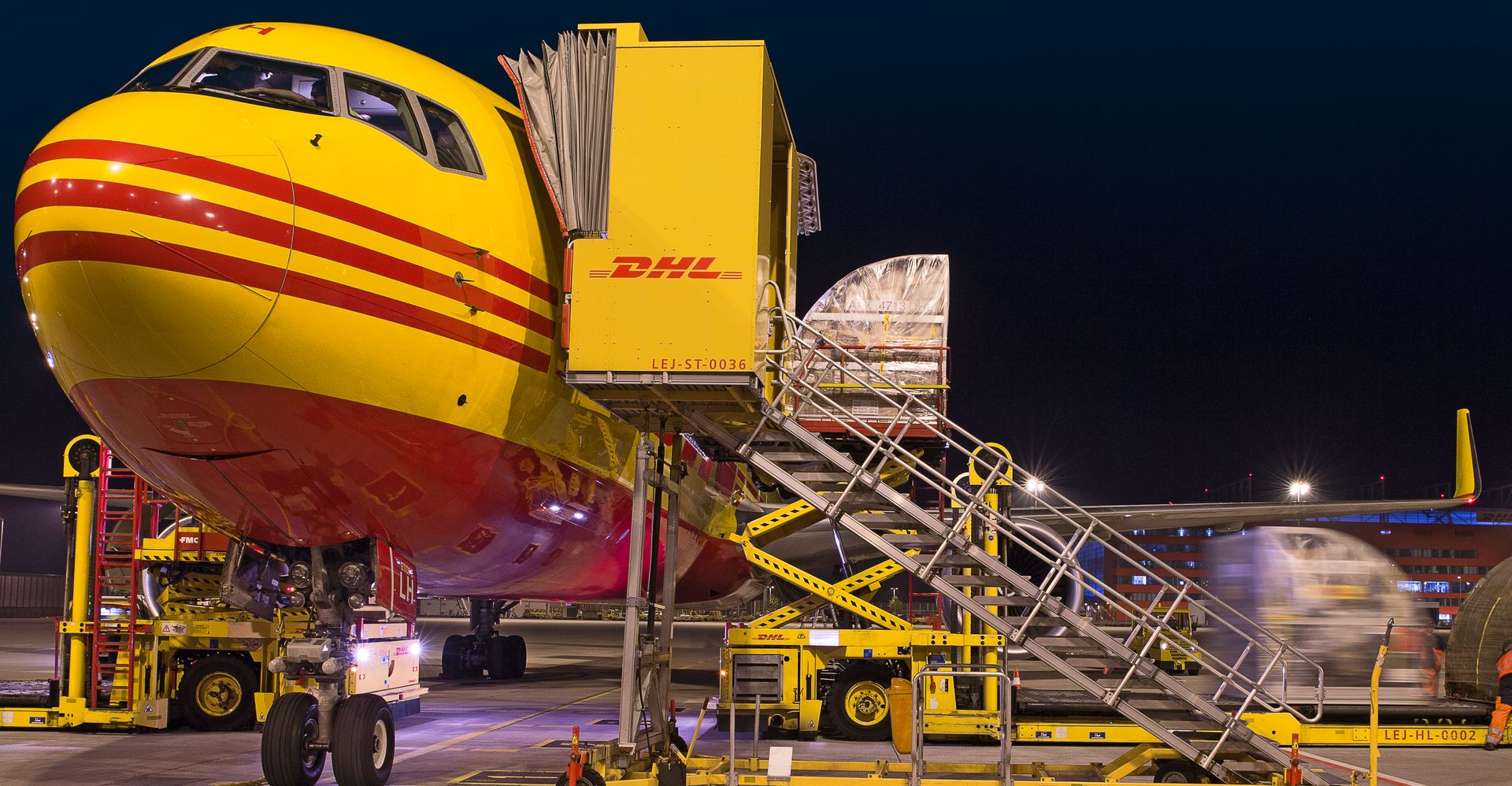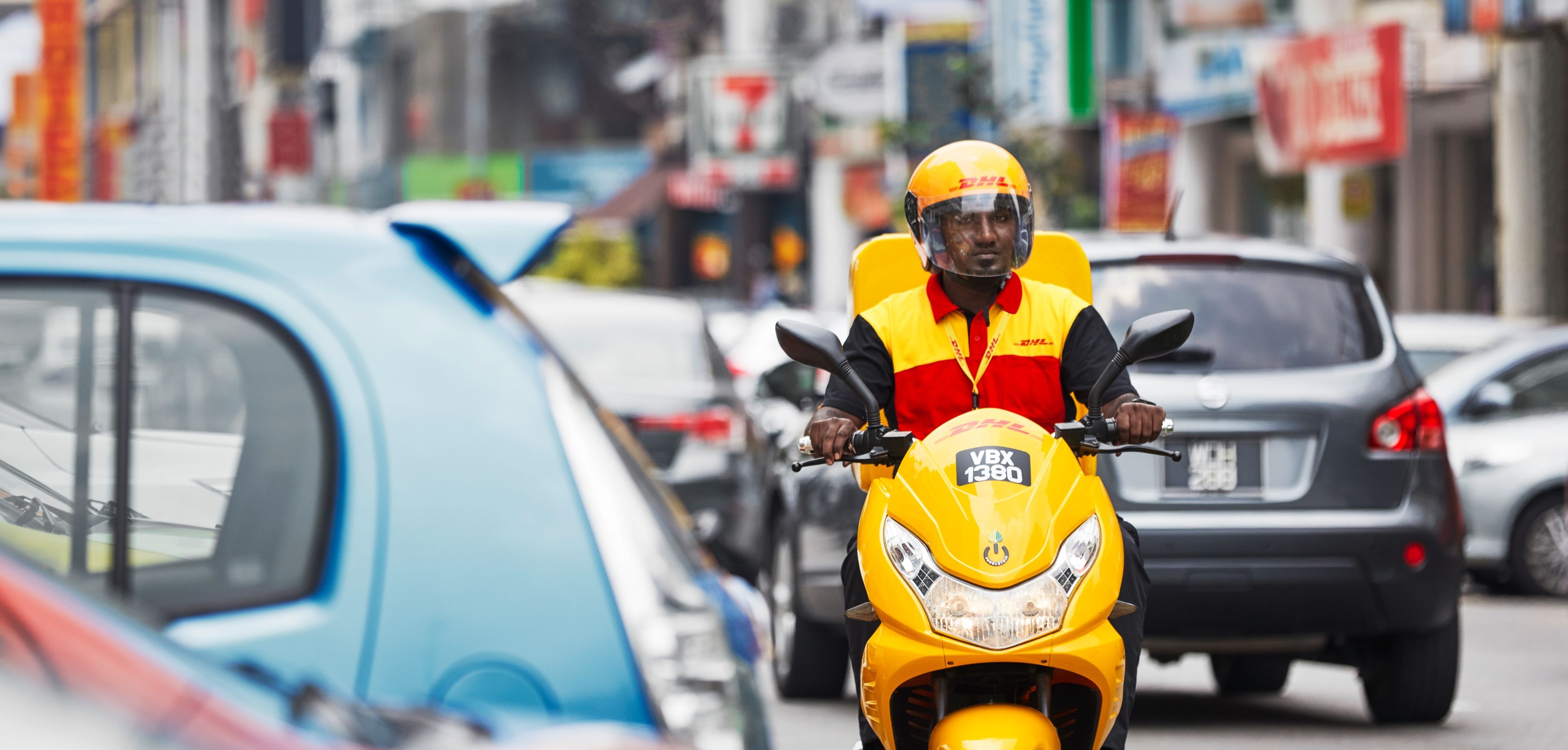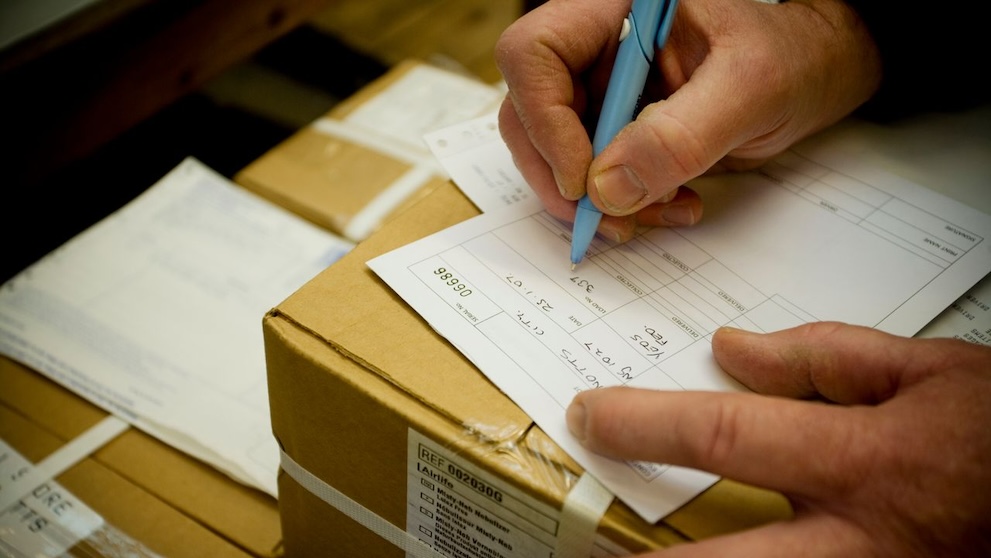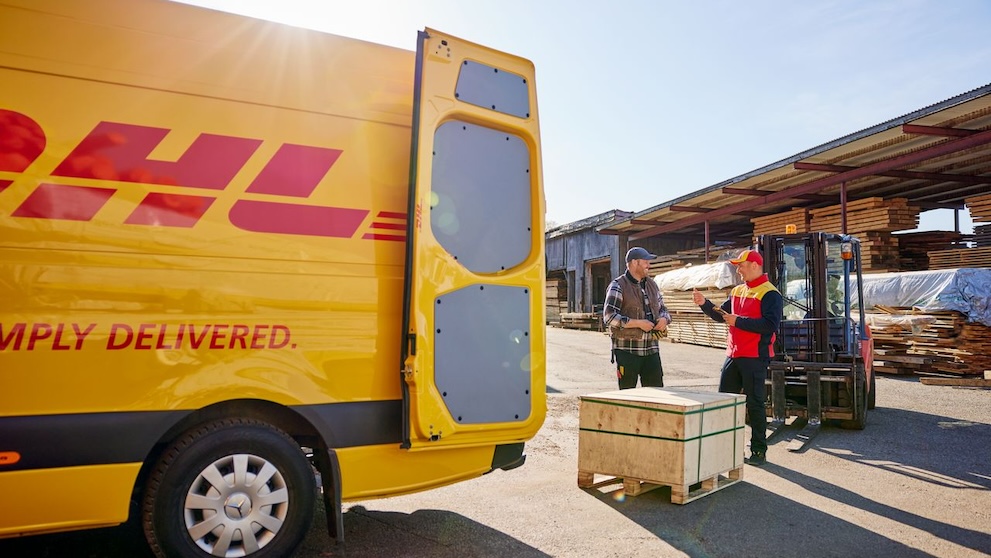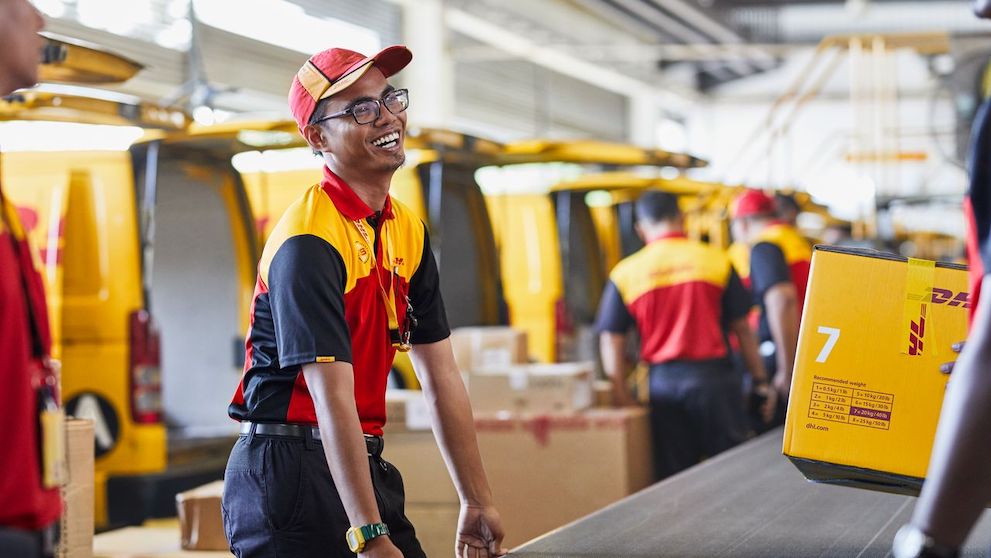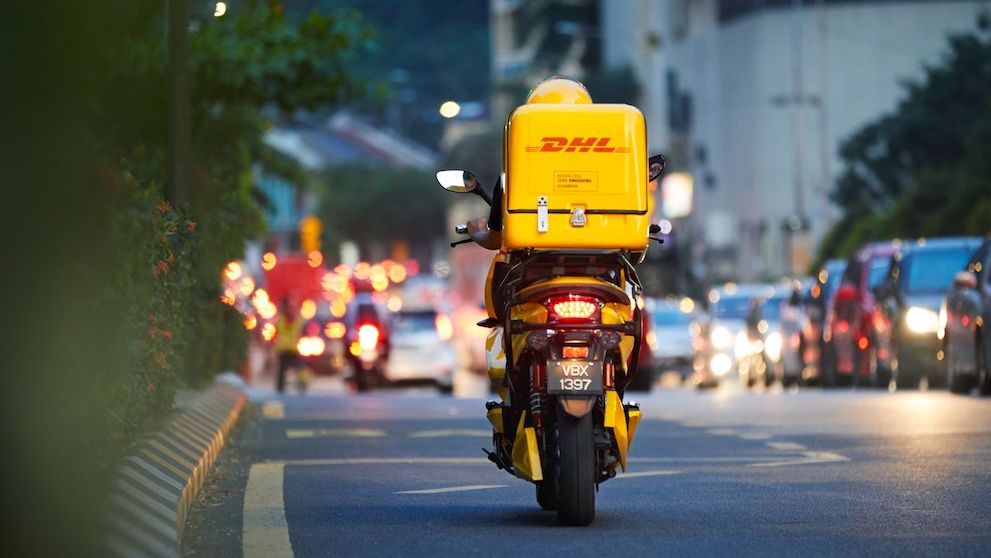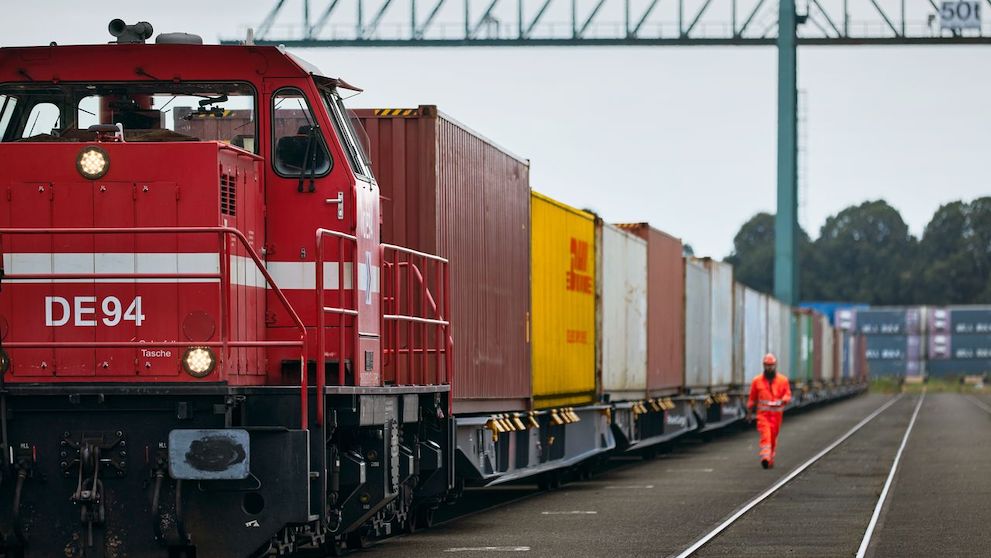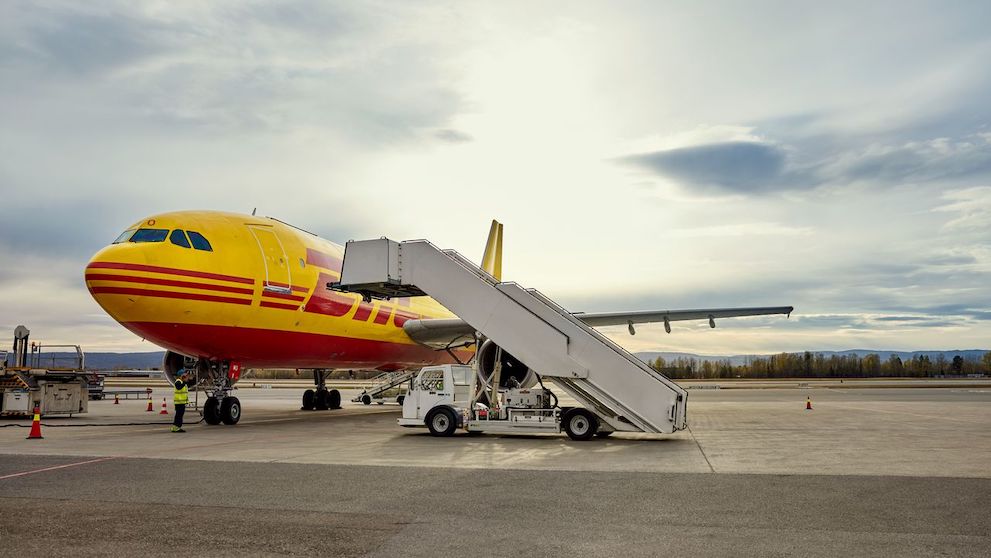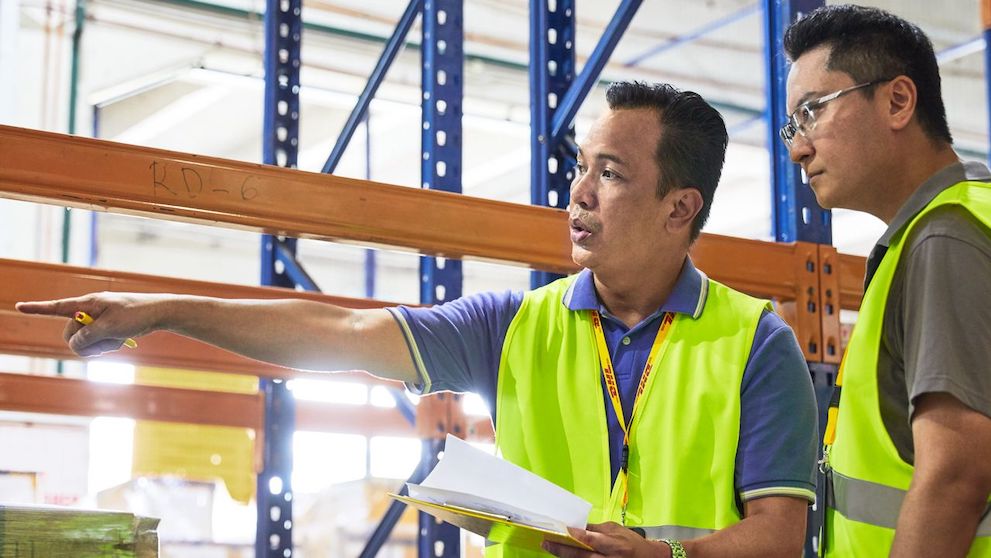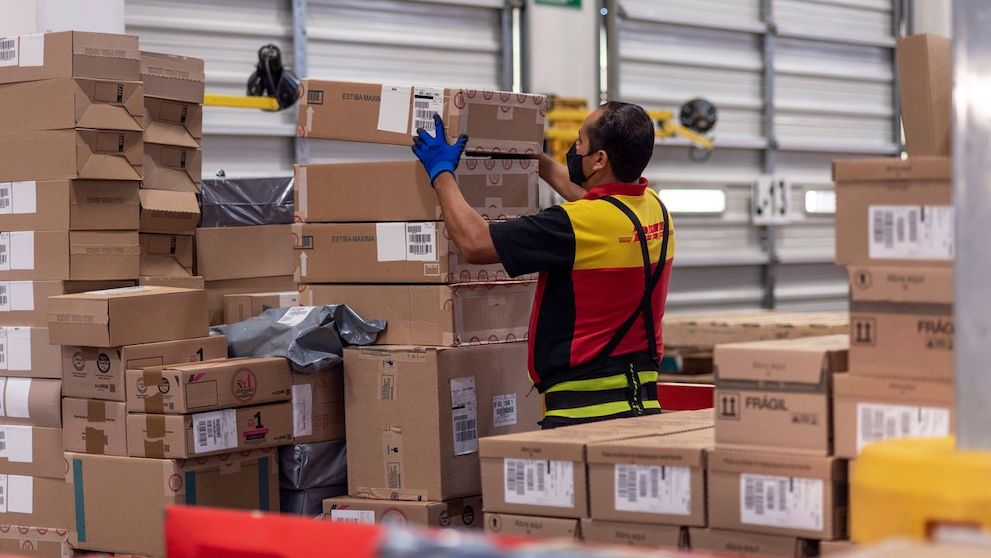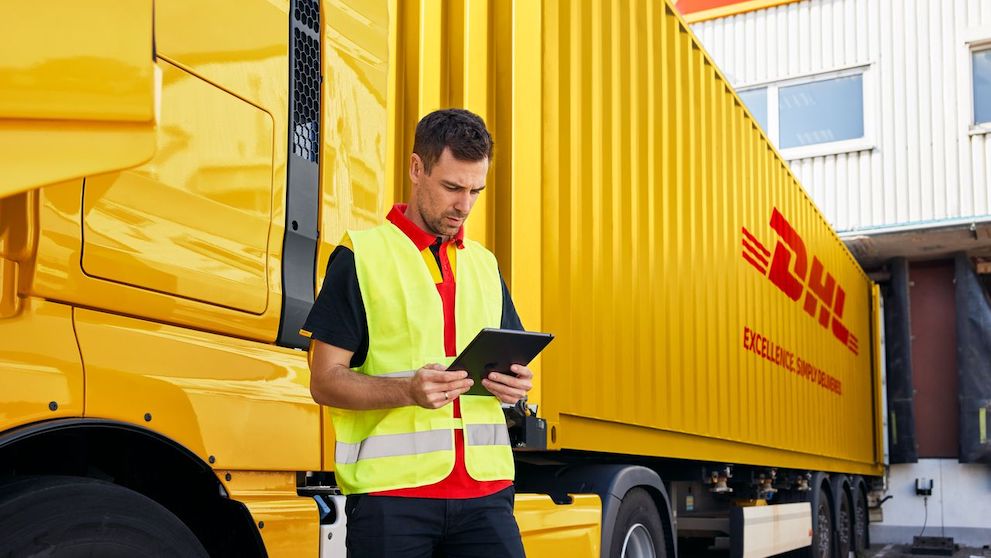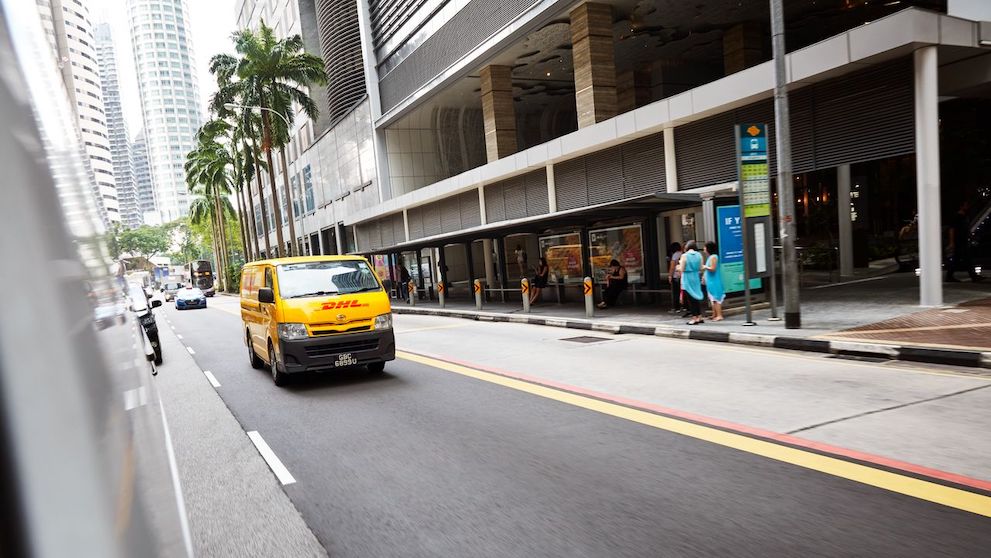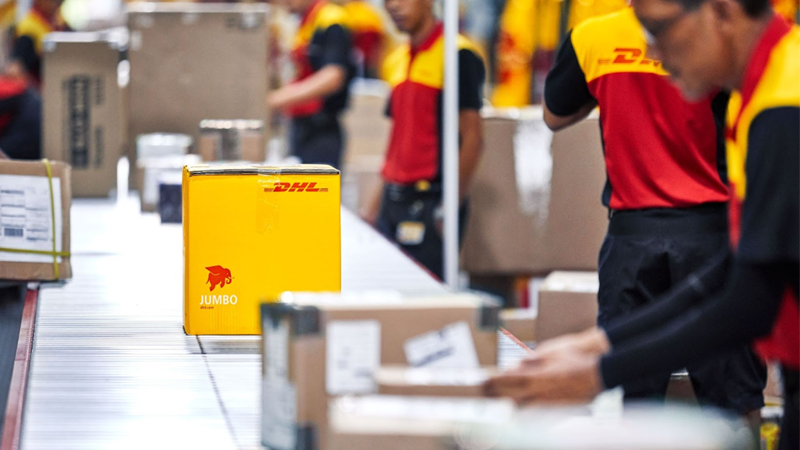The United Kingdom’s economy is highly reliant on foreign trade. This is mainly why the UK has many trade agreements formed with other countries, including Singapore.
Since the UK-Singapore Free Trade Agreement (UKSFTA) came into force in 2021, it has further strengthened their trade hub statuses in the respective regions. Under the UKSFTA, Singapore and UK companies enjoy the same benefits that they receive under the European Union-Singapore Free Trade Agreement (EUSFTA). Tariffs are reduced or sometimes eliminated for Singapore exports to the UK.
This is also actually the first agreement the United Kingdom has with a member of the ASEAN country. It also ranks as Singapore’s third and second-largest trading partner for various goods and services respectively.
However, in spite of trade agreements, UK customs impose strict regulations to follow when importing goods into the country. As such, senders need to understand the various rules and regulations before shipping to London and other parts of the UK.
So, if you are shipping to the UK and want your parcels to reach on time and in ideal condition, here is everything you need to know about UK customs taxes and import duties, as well as the documents necessary for the import of goods into the country.
UK customs taxes and tariffs to be paid for imports
Custom tax
Customs duty in the UK is charged based on the market value of the imported goods. As a general rule of thumb, UK’s custom taxes per item can be broken down into cost, insurance, freight, and duty. You will need to pay taxes for your shipment if it is worth more than £135.
Value Added Tax
For most products, a standard Value Added Tax (VAT) of 20% is charged per item, but this can be subsidised based on existing trade agreements between the country and the imported product’s country of origin, in this case, Singapore and the UKSFTA. If your delivered item is worth less than £39, you will also not be required to pay any VAT.
Note that when you are shipping to the UK, goods with a value exceeding £600 must clear UK Customs through a valid UK VAT/ EORI number. These shipments will be held by the customs if there is no record on the file or any indication of such on the invoice. However, this requirement does not apply to private individuals who are not registered as a company. Find out more of our customs tips to ease your export process.
All shipments with a VAT/Duty liability over £2,500, where DHL is paying cash in advance, will be held pending as insurance from the customer (receiver or shipper) promising to pay these funds retrospectively.
Excise duties
As for tobacco and alcohol, you will be required to pay excise duties. Different rates of tobacco duties are seen depending on the type of product and this remains the case for alcohol as well. For example, in the UK, there are four classifications of alcohol, beer, cider, wine, and spirit, and all of these types of alcohol have different excise rates to be paid.
View the different custom tax rates, VAT, and excise duties on the UK's trade website.
5. Communications and electronic equipment
Citizen’s Band (CB) radios, walkie-talkies, micro-bugs, and radio microphones, designed or adapted to transmit in the frequency band from 26.1 to 28 MHz are prohibited for import into the UK. Exceptions apply to importations under an authority issued by OFCOM and CB radios conforming with performance specification MPT1320.
For electronic equipment, indecent or obscene photographs, books, magazines, films, computer software, and other articles, including indecent images of children under 18, are prohibited for import into the UK. For more information on shipping electronics equipment such as computers, you can check out this guide on shipping computers internationally.
6. Firearms, parts of
Firearms, air rifles, and pistols are controlled and inclusive of, but not limited to parts and accessories. A business case must be submitted to your local Restricted Commodities Group prior to shipping.
7. Medical/dental supplies & equipment
All articles of torture, including but not limited to gallows, guillotines, devices, and mechanisms intended for use in lethal injection execution and electric chairs are strictly prohibited. Only goods for public/historic display in a museum are allowed via an import license issued by the Department for Business Innovation and Skills.
8. Plant, plant products, and soil samples
Plant products and seeds are acceptable provided that they are accompanied by relevant documentation such as a Phytosanitary Certificate or a Letter of Authority (for soil samples). Prior to shipping any such goods, the importer must contact customer service before shipping to determine if the goods are permitted to enter the UK.
Certain types/species of plants are prohibited to be imported from third countries, except when accompanied by appropriate health or other certificates issued by the plant protection service in the country of origin.
Any wooden packaging or related timber-based packing found with goods from Canada, China, Japan, or the United States of America (USA) is subject to import control and a means to prevent the introduction of insect pest species.
9. Tobacco & tobacco products
Tobacco products are controlled/restricted for imports and are subject to high duty/tax rates.
To ensure correct clearance, the commercial invoice must contain the following information:
For cigarettes, their retail price, and exact quantities
For cigars, their quantities, and total net weight
For hand rolling (HRT), chewing or other tobacco, the total net weight must be provided. Failure to provide this information can result in clearance delays.
10. Food Items
No shipments are accepted if they require a presentation and inspection by the UK customs at a Border Control Post (BCP). Factors that influence the need for presentation at a BCP are quantity, weight, packaging, commodity, final use, and origin.
Some food items and products of animal origin can be imported, only if the shipment is travelling under the UK import license without the need for presentation at a BCP. However, make sure to contact customer service for confirmation before shipping.
Any supplements sent without a full ingredients list will be RTO (Return to Origin).
A full list of restricted food products can be found on the Food Standard Agency’s website.
There are also special requirements on shipping perishable food items.
EU SPS Goods (Sanitary and Phytosanitary (SPS) measures refer to the EU controls to protect the animal, plant, or public health) From 1 October 2021, changes come into effect concerning the control and importation of EU products of animal origin (POAO) in the UK. All relevant health certifications and documentation must be held prior to goods being shipped. From 1 January 2022, EU POAO will require a presentation to the Border Control Post (BCP).
11. Alcohol
Invoices must clearly state the type of alcohol contained therein, the percentage of the alcohol, the volume of the liquid, and the number of bottles. Do take note there are strict guidelines to adhere to if you are shipping liquids internationally.
If multiple types of alcohol are contained within a single shipment, the shipper must clearly state all types of alcohol and their relevant aforementioned information for each.
Failure to provide this required information may cause delays in movement and potentially lead to goods being returned to their origin. Additionally, high rates of duty, as well as excise duty, may apply.
When sending wine exceeding 100 litres in volume, contact our customer service as additional documentation is often required.
Alcohol shipments meant for a private individual must always be sent to a permanent residence.
12. Textile articles
Unless a Generalised System of Preferences (GSP) or other duty preference is claimed, a certificate of origin is not required.
An import license is however required for certain textile products from Belarus and North Korea.
13. Activated credit/debit/ATM card and Financial and monetary commodities
Cash/cheques/alternative payment methods that facilitate the transfer of monies are prohibited for UK import. This includes active debit/credit cards and cards preloaded with any funds that may be exchanged for goods and/or services.
14. Unactivated credit/debit/ATM card
They are not restricted for import.
Individual cards can be sent as DOX, but an exception is made for banks sending multiple cards to UK branches, which must be sent as Worldwide Parcel Express (WPX).
15. Antiques and works of art
Goods aged 100+ years are classed as antiques and may be relieved from the UK duty and taxes.
Works of Art are not considered antiques, but those that are less than 100 years old are eligible for reduced UK VAT (tax).
Antiques require a written declaration of age from the UK importer and should read, ‘I declare that, to the best of my knowledge and belief, the articles in the form as imported were wholly manufactured or produced more than 100 years before the date of importation.
Acceptable evidence such as a certificate of age from either the seller or from an independent expert in the country from which it is acquired is needed.
Auction sale catalogue or other booklets and documents describing the article and works of art will also require the artist's name, date, and certificate of authenticity if available. Unsatisfactory evidence may result in goods being detained.
16. Dangerous goods, hazardous or comb mats
Dangerous Goods are not accepted at service points or receptions, such as car parts.
17. Diplomatic mail
Diplomatic mail containing only correspondence and other printed matter as allowed in DOX/WPX guide to the UK can be sent as DOX.
Diplomatic bags bearing the seal and a label showing the stamp of the foreign government and addressed impersonally to a mission or consular post (embassy) can be cleared without Form C426 - Nil Duty and VAT.
Diplomatic material for official use and personal use requires Form C426 - Nil Duty and VAT.
18. Shoes & finished leather goods
For all consignments covered by CITES or Carnets, a pre-alert email must be sent to the UK Customs team stating the Air WayBill number the goods are travelling on.
All licenses and documentation must be provided along with the goods, including both the original export/re-export and original import CITES permit required by the UK Customs team.
Originals must be either affixed to Box 1 or sent via dedicated AWB to the UK customs team.
19. Books (non-commercial use)
Goods infringing literary, dramatic, musical, recording or film copyright, where the owner has notified HMRC (Section 111, Copyright Designs and Patents Act 1988) are strictly prohibited.
Exceptions are for private use and EEA-free circulation goods.
20. Medicinal cannabis
Medicinal Cannabis is prohibited for import to private individuals.
Customers shipping Medicinal Cannabis to business-to-business containing Tetrahydrocannabinol (THC) must have an approved business case submitted to the local restricted commodities group or security team prior to shipping.
21. X-ray machines
Contact the destination prior to accepting the shipment for any licenses or permit requirements.
22. Personal Effects
For returning goods, if the importer is importing goods left behind on a temporary visit outside the European Union (e.g. holiday), then they should provide the paperwork with the necessary information to prevent delays. These include
Reason for the goods returning to the UK
For how long the goods have been owned
The country in which the goods were purchased
Departure date from UK/EU (dd/mm/yyyy)
Flight number and accompanying flight pass on which they departed
Arrival date into UK/EU (dd/mm/yyyy)
For transferring residence, if the importer is moving their place of residence to the UK permanently or as a student, they will need to apply for a TOR1 (Transfer of Residence) prior to shipping their belongings. They will also acquire a unique reference to be used on the import entry.
Individuals sending parcels to the UK and failing to complete this application prior to shipping will have to pay the VAT and duty, and then reclaim it via HMRC. They will have a total of 12 months from the date they relocated to do this.
23. Drugs (in pharmacy without prescription)
Controlled drugs (Misuse of Drugs Act 1971/Misuse of Drugs Regulations 2001), including cocaine, heroin, morphine, opium, cannabis, amphetamine, LSD, barbiturates, and many others, unless accepted, are prohibited for import into the UK.
Check the UK government’s controlled drugs list before shipping to the UK.
Failure to provide correct import licenses for controlled drugs could result in forfeiture, fines, penalties, and prison sentences.
For drugs that are temperature-sensitive, the use of a temperature-controlled shipping solution may be required.
24. Drugs (prescription)
If your medicine contains a drug listed as schedule 2, 3, or 4 on the controlled drugs list, you need to either:
Prove that it is prescribed to you by providing a copy of the prescription and a letter from a qualified person who prescribed the medicine, showing the list of medicines, quantity prescribed, strength, and doses signed and dated, highlighting the countries being travelled to.
Get a UK import license, if you’re travelling for at least three months or carrying enough to last you that long.
Failure to provide reasonable evidence, valid prescriptions, or import licenses may result in forfeiture of goods, fines, and penalties.
Contact the local Restricted Commodities Group and also check out the UK government’s controlled drugs list before shipping.
25. Commemorative coins and medals
Protected coins, as defined in the Forgery and Counterfeiting Act 1981, are prohibited for import into the UK from third countries.
26. Unused stamps
Fictitious postage stamps denoting current rates of postage and dies, plates, instruments, and materials for making such stamps are prohibited for import into the UK from third countries.
27. Computer software, calendar, films: entertainment & promotional training (DVD, VHS), magazines, media storage devices, microfiche & microfilm, photographs, photolith film, etc.
Indecent or obscene photographs, books, magazines, films, computer software, and other articles, including indecent images of children under 18, are prohibited for import into the UK.
28. The ship, parts of (gib, bearing)
An additional charge of £25.00 (US$36.00) will apply to cover the paperwork handling. This will be billed to the importer or agent. Expect a delay of 24 hours.
29. Disabled goods relief
CPC 40 00 C24: When shipping articles specially designed for use by disabled persons (other than blind or partially sighted) and imported by those individuals for their own use, on which relief from VAT is being claimed, it is advised to contact our customer service team for an Eligibility Declaration Disabled Form.
30. Samples relief
CPC 40 00 C30: This covers commercial samples of goods properly prepared prior to movement, so that the Customs authority may deem them to be of negligible value. For example, goods should be swatches, marked articles or singles of a greater pair. Such goods should be sent with the sole purpose to gain orders for similar goods. Full relief from VAT and duty is claimed.
31. Gift relief of high value
A CPC of 40 00 057: This covers goods dispatched directly from a non-EU private individual (PR) sender to a PR recipient, not qualifying for relief under Low-Value Gift Relief CPC of an aggregate value not exceeding £630.
Commercial goods do not apply for relief purposes. Clear private individual detail, description, and value of the goods must be provided. Plus, invoices should be marked as 'gifts'. A flat rate of 2.5% ad valorem is charged.
32. Gift relief of low value
A CPC of 40 00 C08: This covers goods in small quantities dispatched directly from a non-EU private individual (PR) sender to a PR recipient, where the value does not exceed £39.
Neither the shipper nor the receiver may be a company, nor may the goods be of a commercial nature. Clear PR detail must be provided on all commercial documents, along with a clear description and value of the goods. Invoices should be marked as “gif”'. Full relief from VAT and duty is claimed.
33. Returned goods relief (RGR)
CPC 61 23 F01 entails returning commercial goods that were originally shipped outside of the EU within the previous three years, where no alteration/enhancement has been undertaken and may re-enter the UK under nil VAT and duty.
Invoices must clearly state that the goods are being returned to the owner and a Proof of Export must be provided by the importer to demonstrate how the goods left the UK/EU. Plus, the importer must hold a valid EORI (Economic Operators Registration and Identification) number in order to qualify.
34. Plastic kitchenware or tableware
If these goods are coming from China or Hong Kong (Commodity Code heading 3924), they must be accompanied by necessary test reports in order to be accepted into the EU/UK. These test reports identify the make-up and safety of the goods. Such test reports should be scanned with all other relevant paperwork prior to importing the shipment. Failure to provide such reports will result in a consignment being returned to its origin.
Shipping rules for Business-to-Customers (B2C)
Every B2C shipment over £15 is subject to a formal UK customs clearance. Gifts from a business to a consumer are not eligible for gift relief as all gifts must be shipped from and to a private individual. Additionally, all applicable VAT and duty must be paid upfront before the shipment can be released for delivery.
Advantages of using DHL Singapore to ship to the UK
DHL Express makes the shipping process easier and safer through its shipping tools such as MyDHL+, MyBill, and ODD (On-Demand Delivery).
Customers are provided transparency and real-time updates about their shipment’s clearance status.
Our door-to-door shipping service makes your international exports and imports convenient.
DHL Express has a wide network spread over 220 countries and territories.
Our flexible delivery options will help you decide the place and date of your shipment delivery.
Have you got more queries about our services or other items that are not covered in this list? Contact our customer service team who would be happy to assist you in any way they can. With our vast knowledge of how to ship to the UK from Singapore, DHL Express will be able to advise you on the exact export documentation you would need to ensure customs clearance in the UK.
Open an account with us now and reap the benefits of having a well-known, experienced third-party logistics provider by your side as you ship from Singapore to the UK.



